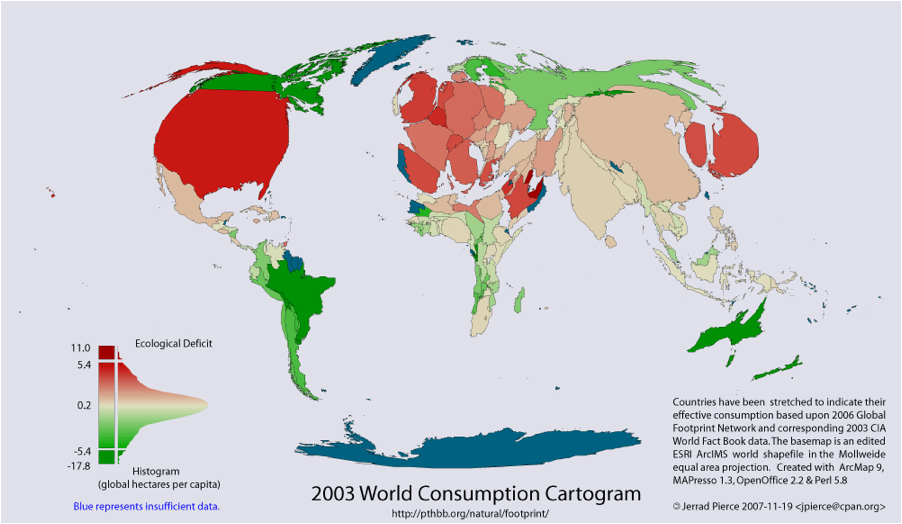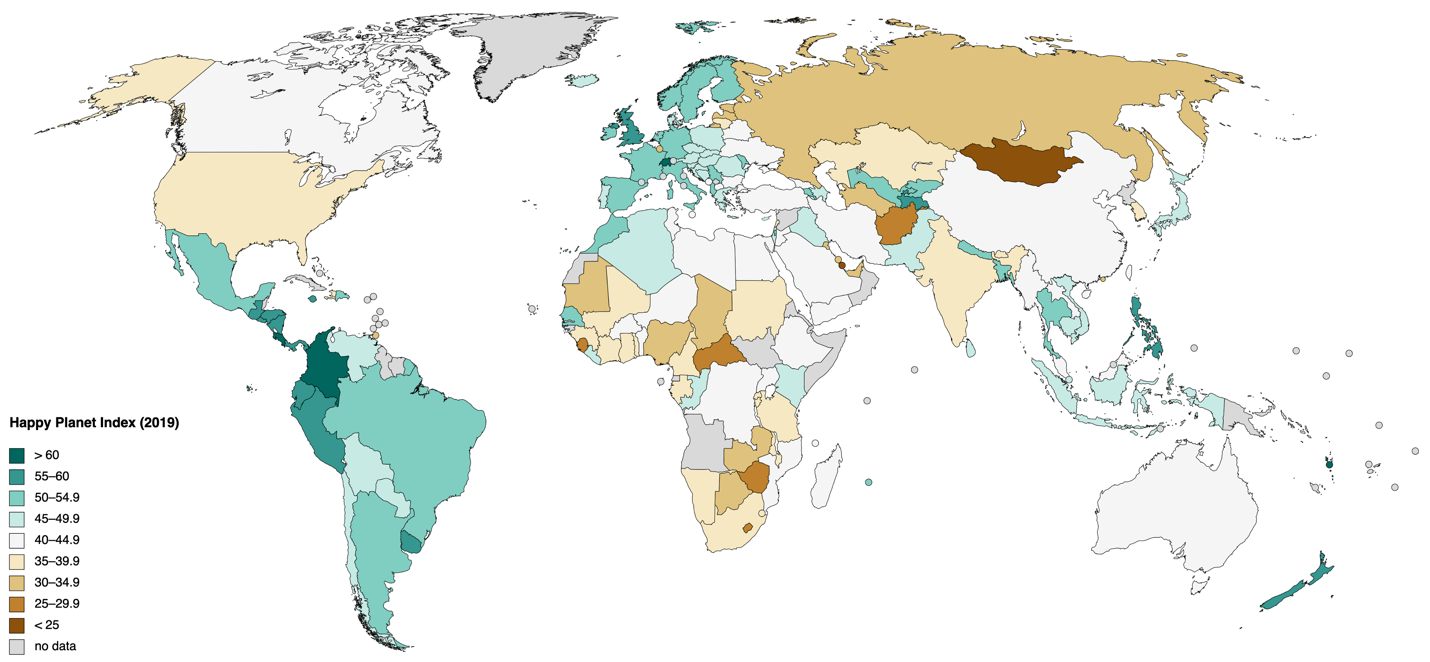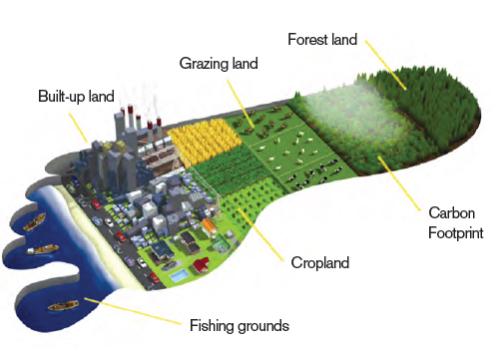Discussion Board has three questions. See attached.
Class: Social ethics.
INSTRUCTION: It’s a discussion board assignment that has 3 questions, I have included the readings for this unit.
What Unit 3 is about

OVER CONSUMPTION
Many Americans equate the "good life" with material wealth. Yet getting ever more stuff doesn't seem to result in ever more happiness. So, how much is enough? How much stuff do you need to lead a meaningful, fulfilling life, and in a way that is sustainable for the planet? How many earths would we need if every one of the 8 billion people on earth (increasing by 1.5 million EVERY week) wanted to live like you do?
Rarely do we think of materialism as an ethical issue, but this week we will: Do you have a moral obligation to consume less, to use less of the earth's resources?
Reading and TED talk for Unit 3
OVERCONSUMPTION READINGS, LINKS, TED TALK
1. Watch this TED Links to an external site. talk by the creator of the Happy Planet Index.
2. Read the 12-page 2021 Happy Planet Index Briefing Paper found in the file in the link.
https://happyplanetindex.org/wp-content/themes/hpi/public/downloads/happy-planet-index-briefing-paper.pdf
3. Take these Links to an external site.footprint quiz Links to an external site.. You should take it multiple times, playing around with the answers to learn the most effective ways to lower your ecological footprint. You should also experiment by giving the same answers, only pretending to be from a developing country, to see how the same lifestyle has a different impact depending on where you live.
4. Read Sustainable Growth? No Thanks! Herman. E Daly
Unit 3, Discussion Question 1: Happy Planet, Happy People
The Happy Planet Index report took 3 factors into account in coming up with its score for any given country: The well-being of its people, their life expectancy, and the planetary sustainability of their lifestyle. The HPI is just the latest of many studies/documents that challenge the notion that the route to happiness is getting ever more stuff. This is good news if the world's 8 billion people (increasing by 80 million per year) are going to figure out how to live in a sustainable way on just one earth while still pursuing meaningful and fulfilling lives.
Show that you have read the Happy Planet Index Briefing Paper and watched the TED talk by relating something that surprised or enlightened you. Give a page reference. Then go on to comment on either of the following two quotes taken from the report:
Over-consumption in rich countries represents one of the key barriers to sustainable well-being worldwide and that governments should strive to identify economic models that do not rely on constantly growing consumption to achieve stability and prosperity.
It is possible to live long, happy lives with a much smaller ecological footprint than found in the highest-consuming nations.

Map showing countries shaded by their position in the Happy Planet Index (2006). The highest-ranked countries are bright green; the lowest is brown.
Unit 3, Discussion question 2. Your Ecological Footprint

Recount your initial footprint score, and tell us from experimenting with the quiz, what 3 things could you do to most reduce the size of your footprint? How much would each action reduce your footprint? Now tell us what you think the government could do (municipal, state, or federal) to encourage/direct people toward lower footprints. Finally, and most importantly, how would lowering your footprint positively or negatively affect the meaning and happiness in your life?
Unit 3, Discussion Question 3: Consumption and Morality
In light of everything you have read this week, discuss whether you have an ethical obligation to reduce your level of consumption, and relate your answer to one of the ethical theories we examined in the first unit.



